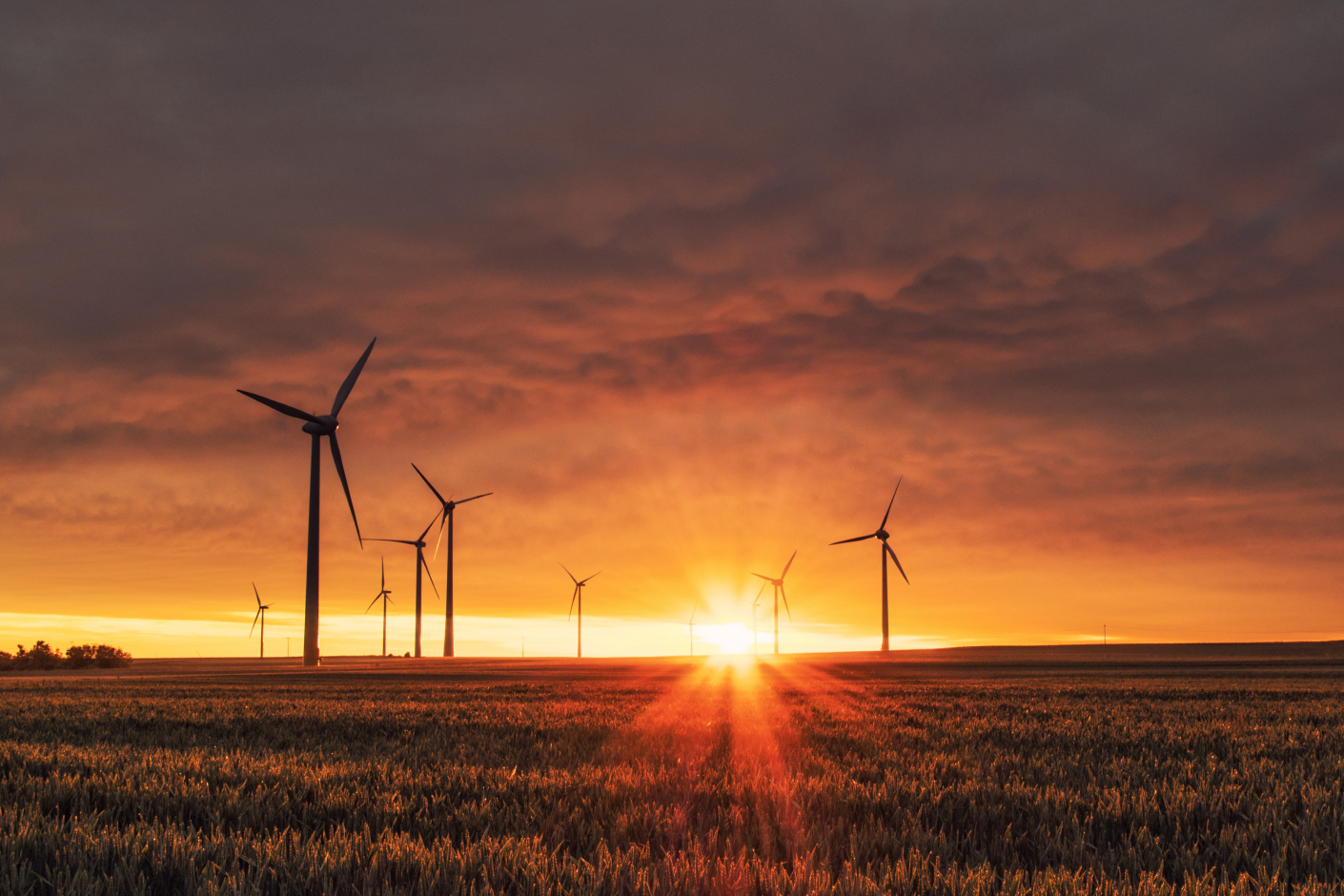
Imagine a future where 50% of U.S. engineering programs embrace the EOP Framework by 2030. Together, we can make it happen.
What’s Ahead for EOP
EOP is moving toward our goal by…
- Regularly updating the EOP Framework to weave cutting-edge climate and sustainability topics with technological advances in areas such as AI, climate innovation, and robotics
- Developing teaching guides and assessment tools informed by faculty needs
- Inviting and supporting collaboration among organizations and individuals to address the most pressing gaps
- Supporting change efforts and professional development with faculty, students, and higher education institutions
Education and climate funders, engineering educators, industry and professional association leaders, students, and accreditation bodies are all playing key roles in driving EOP’s future.
EOP is a collective effort. No matter your role, we invite you to learn more and contribute to redefining engineering education for a sustainable future.
An analysis to guide higher ed EOP expansion efforts developed by Villanova University with support from The Lemelson Foundation.
A handy slide deck version of the Villanova report.
Provides actionable strategies for re-imagining curricula, fostering leadership, and building a collaborative ecosystem for national expansion of EOP.
Provides ideas for the actions you can take as an individual, whether you are in industry, academia, nonprofit, public, or philanthropic sectors.
Recommendations for horizontal and vertical integration of sustainability across engineering programs.
A presentation of the EOP Literature Review findings developed to inform the U.S. National Science Foundation-Funded, “EOP Scaling for Impact Workshop.”
Learnings from engagement with individuals across sectors and an initial theory of change for the EOP initiative, as well as high-level next steps for implementing it.
